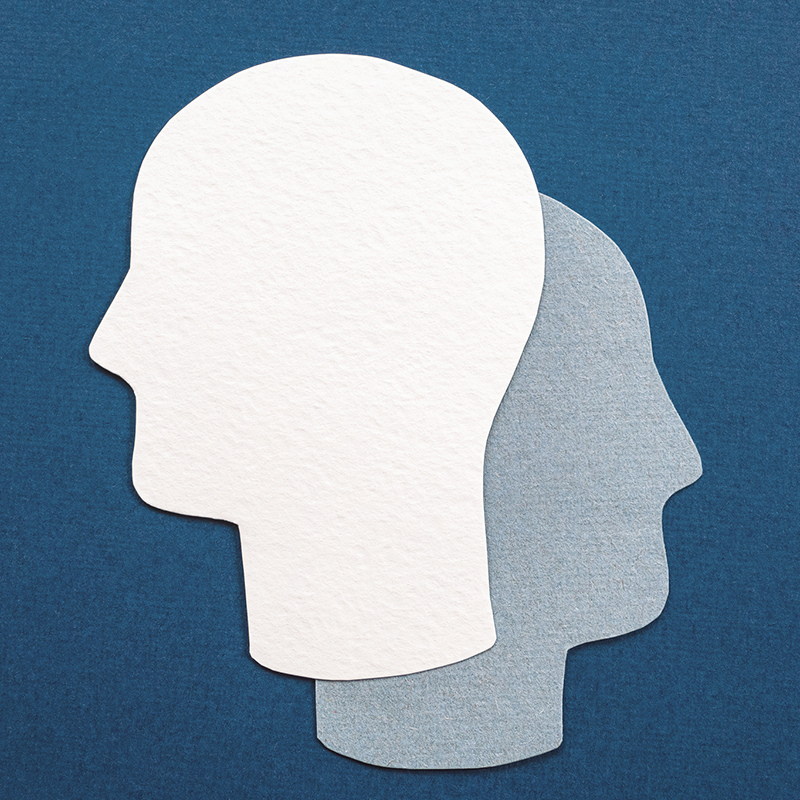Our Approach to Schizophrenia Treatment in Easton, PA
At Recovery Cove, we provide comprehensive, individualized treatment for schizophrenia. Our program is designed to address the unique needs of each client through a combination of medical, psychological, and supportive services. Below are the approaches that may be included in your schizophrenia treatment plan.
Comprehensive Psychiatric Evaluation
Treatment begins with a thorough assessment by one of our experienced psychiatric providers. We take time to understand each client’s symptoms, history, co-occurring conditions, and personal strengths to create a customized care plan.
Medication Management
Medications, particularly antipsychotics, play a crucial role in stabilizing symptoms like hallucinations, delusions, and disorganized thinking. Our team offers careful medication management, ensuring each client receives the right prescription and dosage, with regular monitoring for effectiveness and side effects.
Therapeutic Support
Therapy is a vital part of schizophrenia treatment. The following therapies tend to be most effective:
Cognitive Behavioral Therapy (CBT)
CBT can be tailored to schizophrenia, providing tools to help reduce symptoms, improve coping skills, and enhance daily functioning. For instance, CBT helps individuals with schizophrenia recognize and reframe unhelpful thoughts related to hallucinations or delusions. Instead of believing “the voices control me,” a person might learn to think, “The voices are a symptom of my illness, and I can choose how I respond.”
Other things that CBT can help with include building practical coping strategies, reducing anxiety, depression, and fear, and encouraging active participation in recovery. And, since many people with schizophrenia have trouble taking their medications consistently, CBT can help reinforce the importance of this.
Individual counseling
Individual counseling provides a safe and secure place where individuals with schizophrenia can share their struggles. People with this disorder often face stigma, misunderstanding, and isolation. Counseling helps clients build insight into their condition and gives them the confidence to manage their symptoms. Some of the coping skills learned include handling hallucinations and delusions, managing stress and anxiety, building routines, and strengthening relationships.
Group therapy
As mentioned earlier, people with schizophrenia often feel isolated because others don’t understand their condition. Group therapy helps these individuals feel less alone and more understood. They also have the opportunity to practice social skills in a structured setting, such as active listening, expressing thoughts clearly, managing conflict, and reading social cues.
Family therapy and education
It’s incredibly helpful when loved ones understand and support the recovery process. This is why family therapy and education is also an important part of the treatment process, as it helps families improve understanding, reduce stigma, and enhance communication. Families can also receive support so that they are better able to support their loved one’s recovery.
Life Skills and Recovery Support
Schizophrenia can affect daily living skills. We help clients strengthen their independence with support in areas like managing medications, building routines and healthy habits, improving communication skills, and developing vocational and educational goals.
Integrated Dual Diagnosis Care
Many individuals with schizophrenia also experience substance use disorders. They might turn to drugs or alcohol to reduce their symptoms, but this is only a temporary fix, and symptoms always return. Recovery Cove offers integrated care for dual diagnosis, treating mental health and addiction together for better outcomes.









